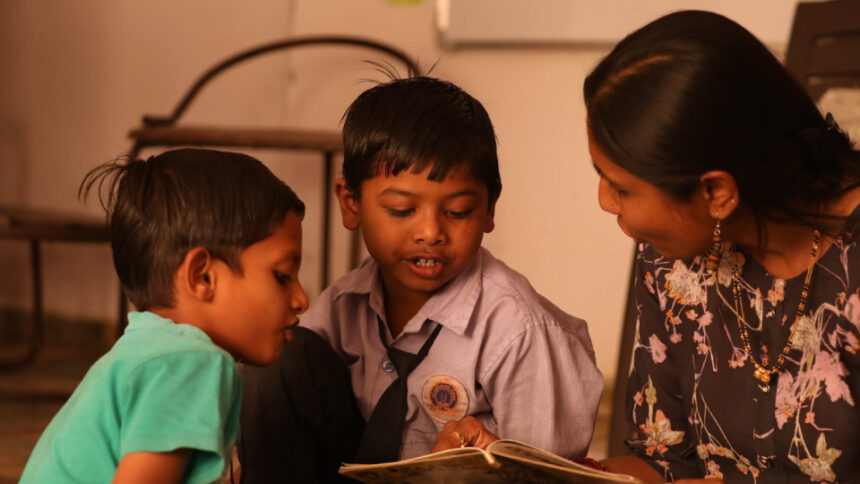Talking to young children about difficult topics
Talking to your children about difficult subjects is one of the toughest jobs any parent has. It can feel impossible to put into words some of the really big issues. But in today’s age of constant notifications, streaming video, and 24-hour news coverage—when even the small children are exposed to really serious stories—it’s important to face this challenge head-on.
Addressing the tough stuff makes the kids feel safer, strengthens the bond and teaches them about the world. When you show them how to gather and interpret information, ask questions and cross-check sources, they become critical thinkers. When they learn about something scary or unsettling, most parents get that deer-in-the-headlights feeling. But it’s a good idea to use your children’s age and developmental stage as a guide to starting conversations, because they absorb information differently as they grow from babies to teens.
Age 2–6
Young children don’t have enough life experience to understand the complex, difficult topics. They’re very sensitive to parent’s emotional states and can worry that they did something to make them upset. This makes it challenging to explain big issues.
- Keep the news at bay. We should do what we can to limit small kids’ exposure to age-inappropriate subjects by turning off or muting the TV and choosing media that’s targeted to their age
- Reassure them with both words and gestures. We should say, “you’re safe. Mommy and daddy are safe. And our family is safe.” Hugs and snuggles also work wonders
- Address feelings—yours and theirs. We should say, “It’s okay to feel scared, sad, or confused. Those feelings are natural and we all feel them.” We can also try: “I’m upset, but not with you.”
- Find out what they know. The kids might not understand the issue very well. Ask them what they think happened before giving them any images
- Communicate that someone’s in charge. We should say, “Mommy and daddy will make sure nothing bad happens to our family.”
Age 7-12
Children in this age group can read and write, hence they get exposed to age-inappropriate content more often. But younger children in this range are still a little shaky on what’s real and pretend. As they gain abstract-thinking skills and the ability to express themselves, children can grapple with difficult subjects and understand different perspectives.
- Wait for the right moment. At this age, children are still very likely to come to us if they’ve heard about something frightening. We can feel them out to decide if they want to discuss something, but if they don’t bring it up, we should not feel that we have to broach difficult subjects until they ask.
- Find out what they know. Ask children what they’ve heard, or if their friends at school are talking about something. Answer the questions simply and directly, but don’t try to over-explain. That could make them more scared.
- Create a safe space for discussion. Say, “these topics are hard to discuss, even for adults. Let’s just talk. I won’t be mad. I want you to feel free to ask anything you want.”
- Address their curiosity. If children stumble across grown-up material online, it might be time to find content that will let them learn about more mature subjects age-appropriately.
- Be sensitive to children’s emotions and temperament. We never know what may trigger the kids.
- Encourage critical thinking. By asking them open-ended questions we can get the children to think more deeply about serious topics. Ask, “what did you hear?” “what did it make you think?” and “why do you think that?”
So, it is up to us, the parents to see how we want to talk to our children on various issues and give them the utmost security. Because for a child nothing in the world means more than having that special bonding with their parents.


Leave a Reply